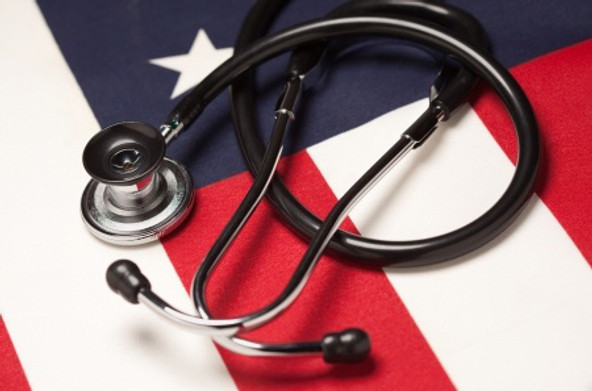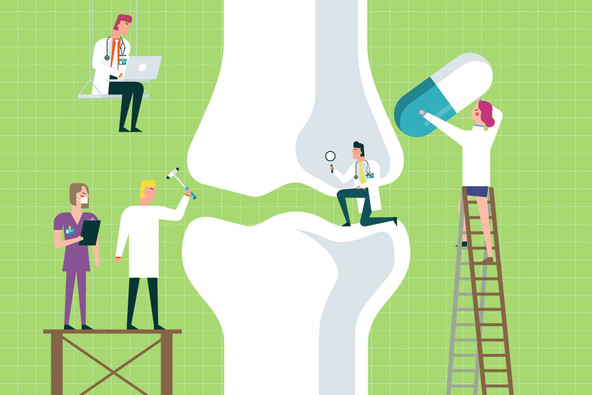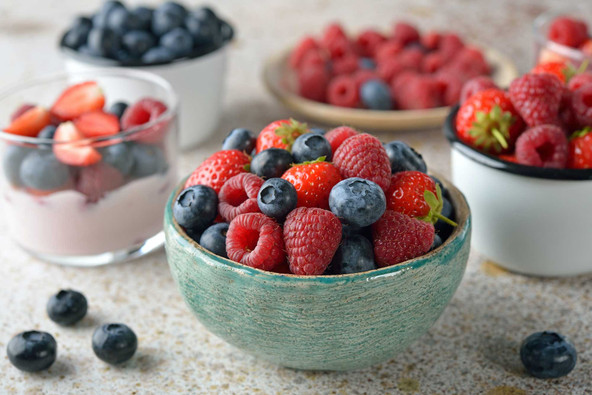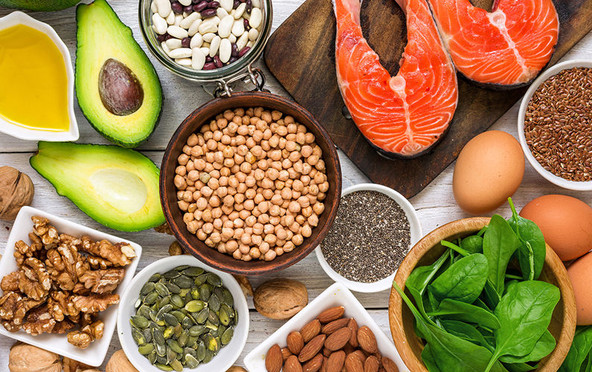Jan 23rd 2024
Is Your Tap Water Making You Sick?
Spina bifida. Asperger’s syndrome. Tourette’s. Bipolar disorder. Organic brain dysfunction. Stillbirths. Miscarriages. Cancer. . . . could all these be caused by the water you use and drink every day? Alarmingly, the answer is yes!Most public drinking water is less toxic than it was at the marine corps base at Camp Lejeune, in Jacksonville, North Carolina, when the Environmental Protection Agency (EPA) declared it a Superfund clean-up site in 1989. But Lejeune’s problems may not be as atypical as you’d think.This past August, the Veterans Administration was required by law to reimburse members of the military and their dependents that lived so much as a month at Camp Lejeune from 1957-1987 and suffered problems like those above as a result of using and drinking Lejeune’s polluted tap water. Total costs are anticipated to be almost $4 billion over the next ten years. Civilian workers may be entitled to additional benefits under a different law.. . . tap water is a major source of toxici…
read more Fuel your life with the purest vitamins
Fuel your life with the purest vitamins




